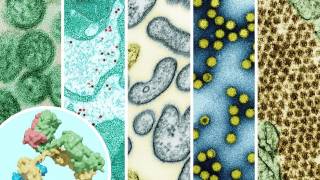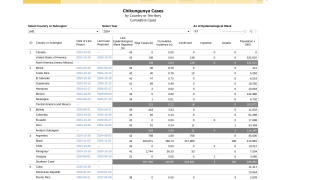The WHO Says Get it Right, Make it Safe!

Recognizing the urgent need for a global effort to reduce errors in medical diagnosis, the World Health Organization (WHO) announced that it is calling on all stakeholders to "Get it right, make it safe!" as part of the World Patient Safety Day campaign.
The 2024 theme, 'Improving diagnosis for patient safety,' was selected in consultation with a wide range of stakeholders—from patients to policymakers—to highlight how everyone is vital in reducing the risks and impact of diagnosis errors.
Diagnostic errors account for an estimated 16% of preventable harm in healthcare each year.
Data suggest that most adults will experience at least one diagnostic error in their lifetime, which can result in prolonged ill health, increased healthcare costs, or even preventable death.
Diagnostic error occurs when a diagnosis is delayed, incorrect, missed, or miscommunicated. It can happen at any stage of a patient's journey.
The WHO says that patients and their healthcare teams must work together to navigate the complex and sometimes lengthy diagnostic process to reach a diagnosis. It involves discussion with the patient, examination, testing, and review of results before reaching the final diagnosis and treatment.
"The right diagnosis, at the right time, is the basis of safe and effective health care. By contrast, diagnostic errors can lead to serious harm and even death," said WHO Director-General Dr.Tedros Adhanom Ghebreyesus in a September 17, 2024 media statement.
"Reducing this risk takes collaboration between health workers and managers, policymakers and regulators, civil society and the private sector, and importantly, patients and their families."
The WHO stated that targeted interventions by policymakers, healthcare leaders, health workers, medical product regulators, and manufacturers, with the active engagement of patients, their families, and civil society, can help reduce the risk of error.
As science advances, scientists, healthcare providers, and public health workers strive to continue developing safer vaccines, improving vaccine delivery, and ensuring the United States is better protected from diseases.
The CDC's Immunization Safety Office helps monitor vaccine safety.
The CDC monitors vaccine safety using the combined primary systems, including the Vaccine Adverse Event Reporting System, V-safe, the Vaccine Safety Datalink, and the Clinical Immunization Safety Assessment Project. It also collaborates with government and non-government partners to ensure vaccine safety.
Our Trust Standards: Medical Advisory Committee
























